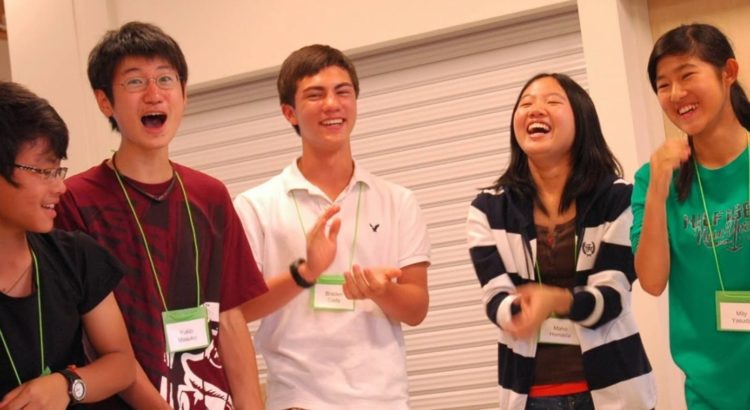Asia/Taiwan/08.10.2018/Source:
From Prayer rooms for Muslims to the diversity of food available at school cafeterias, university campuses in Taiwan have over the past few years been stepping up their efforts to accommodate an increasing number of Southeast Asian students.
The number of students from Southeast Asia and India enrolled in colleges and universities in Taiwan has tripled over the past decade, said Bi Tzu-an (畢祖安), director-general of the Department of International and Cross-strait Education Affairs at the Ministry of Education.
Ten years ago, the number of Indian and Southeast Asian students at universities in Taiwan was about 8,000. In 2016, 28,000 students from ASEAN member states were enrolled at tertiary institutions, a figure that rose to 38,000 last year, the ministry said.
The rising trend is expected to continue, Bi said, adding that Taiwan aims to increase student numbers from ASEAN countries to 58,000 by next year.
Taiwan has been focusing on not only nurturing local talent, but also forging ties with neighboring countries and attracting more students as part of its New Southbound Policy.
In 2016, Malaysian students comprised the majority of the ASEAN student population at 13,380, followed by Vietnam at 4,463 and Indonesia at 4,061.
Malaysia has always contributed the largest portion of ASEAN students in Taiwan because of the country’s large overseas Chinese population, said Chen Shang-mao (陳尚懋), a professor with Fo Guang University’s public affairs department, adding that they choose to study in Taiwan because of their knowledge of Mandarin.
Liu Kuo-wei (劉國偉), vice president for international affairs at Ming Chuan University, said that Vietnamese students come to Taiwan to experience the culture and, after their studies, return home to pursue careers at Vietnam-based Taiwanese firms.
The number of Indian students in Taiwan has also been increasing over the past few years.
National Tsing Hua University, for example, has been ramping up efforts to attract students from India after President Tsai Ing-wen (蔡英文) said the country was key to her administration’s New Southbound Policy.
In April last year, the Hsinchu school established its Center for India Studies — the first of its kind in Taiwan.
Center director Wang Wei-chung (王偉中) said that there were only 40 Indians studying at the university 10 years ago, but that figure has now surpassed 200.
They come to study at the university partly due to the cost, as it is cheaper compared with the US, which has traditionally been a major education destination for Indians, Wang said.
Source of the notice: http://www.taipeitimes.com/News/taiwan/archives/2018/10/07/2003701910







 Users Today : 147
Users Today : 147 Total Users : 35403120
Total Users : 35403120 Views Today : 177
Views Today : 177 Total views : 3332350
Total views : 3332350